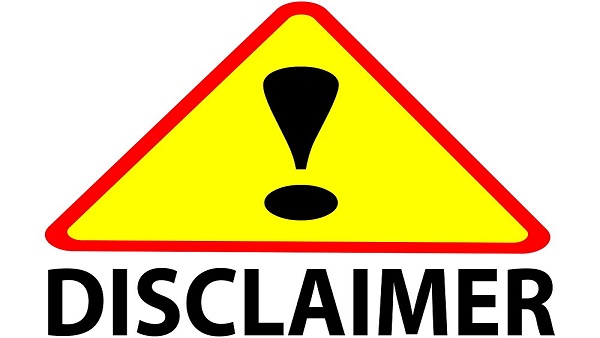3 Stocks To Buy As Suggested By ICICI Securities
[ad_1]
Read More/Less
Ultratech Cement- Margins to sustain despite cost escalations
The consolidated EBITDA of UltraTech Cement (UTCEM) in Q2FY22 was Rs27.1 billion (flat YoY), which is in line with consensus projections.
ICICI Direct expects shares to rise from their current market price and has set a target price of Rs 8,880 for the stock.
Target and valuation
“We believe UTCEM with its large pan-India diversified market presence, premium brand positioning, and increased focus on cost efficiencies is better placed to sustain/improve margins in the medium term. We maintain BUY with a revised target price of Rs8,880/share (earlier: Rs8,600) based on 15x Sep’23E EV/E on quarterly rollover. Key risks: Lower demand/pricing,” the brokerage has said.
According to brokerage, volumes grew 6.5 percent year over year but were unchanged quarter over quarter at 20.11 million tonnes, reflecting a 73 percent utilization rate. EBITDA from India operations increased 2% YoY to Rs27.1 billion, with EBITDA/te falling 17% QoQ and 4% YoY to Rs1,321/te. The company is still concentrating on growing its blended cement market share. The cost of adding 19.5 million tonnes of capacity is projected to be Rs68 billion.

L&T Infotech- Consistently consistent!
Larsen & Toubro Infotech (LTI) wowed with solid (8% QoQ, CC) and broad-based growth – across verticals, geographies, and service lines – in a traditionally weak quarter.
ICICI Direct expects shares to rise from their current market price and has set a target price of Rs 7,050 for the stock.
Target and valuation
“If LTI is able to achieve such exit-rate in H2, revenue growth in FY23E too will remain robust (24% YoY, USD) even if demand moderates during FY23. Confident commentary and a stable margin outlook despite the impending cost pressures are encouraging. We upgrade our FY22E-FY24E EPS by up to 11% on back of the strong beat and solid outlook. LTI remains our top midcap BUY and we value it at ~40x Sep’23E EPS, the brokerage has said.
According to brokerage, offshore effort climbed 90 basis points QoQ to 83.6 percent, sustaining margins in a post-wage hike quarter. On the strength of the ‘Great Resignation’ theme playing out globally – across economies and industries – management anticipates the offshore effort share to remain elevated. This is also expected to be a major demand driver in the medium run. It’s commendable that you’ve added good clients to crucial buckets.

ACC- Improving margins to narrow valuation gap
ACC‘s Q3CY21 EBITDA of Rs7.1 billion (up 6% YoY) was in line with consensus expectations. Total cost/te grew 4.6 percent quarter over quarter (6.8% year over year), owing to increasing gasoline, packing materials, and maintenance costs.
ICICI Direct expects shares to rise from their current market price and has set a target price of Rs 2,710 for the stock.
Target and Valuation
“We believe ACC with its large pan-India diversified market presence, premium brand positioning and increased focus on cost efficiencies is better placed to sustain / improve margins in the medium term. We maintain BUY with revised target price of Rs2,710/share (earlier: Rs2,610) based on 11x Sep’23E EV/E on quarterly rollover. Key risks: Lower demand/prices,” the brokerage has said.
According to ICICI Direct, revenues increased 5% year on year to Rs36.5 billion, which was in line with our expectations. RMC revenues increased by 55 percent year on year to Rs3 billion, mainly to volume growth of 48 percent year on year, boosted by the expansion of the ECOPact concrete range. PAT grew by 24% YoY to Rs4.5 billion, supported by a lower tax rate of 26% vs. 33% YoY.

Disclaimer
The above 3 stocks to buy are picked from the report of ICICI Securities. Please note investing in stocks is subject to market risks and one needs to be cautious at this point of time as markets have gone-up sharply. Neither the author, nor Greynium Information Technologies Pvt Ltd would be responsible for losses incurred based on a decision made.
[ad_2]








